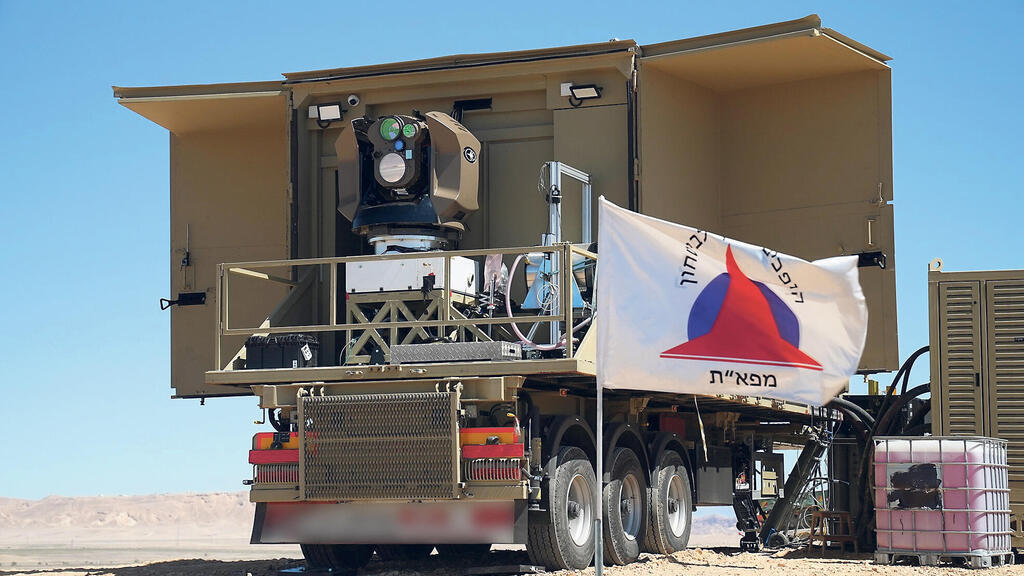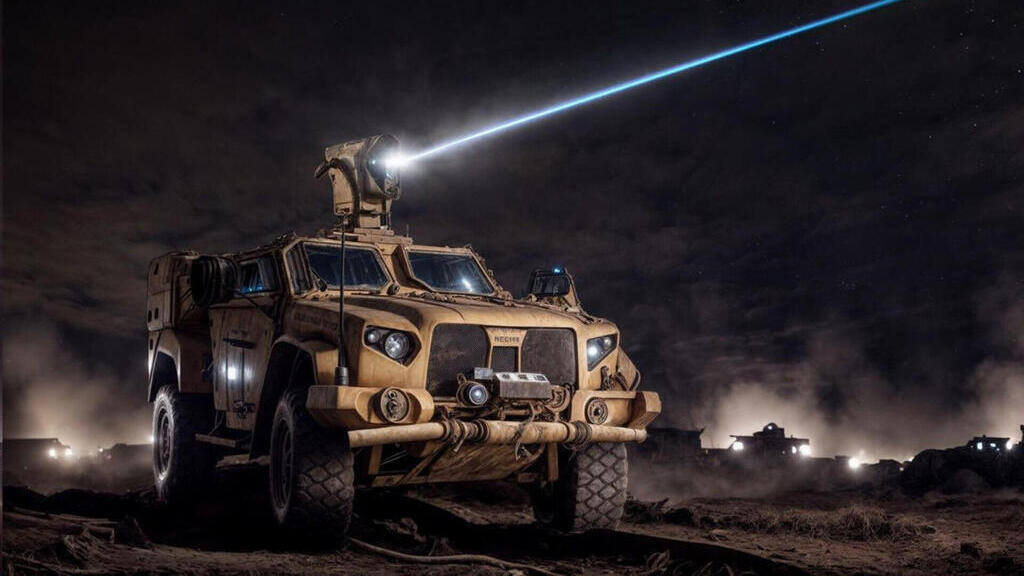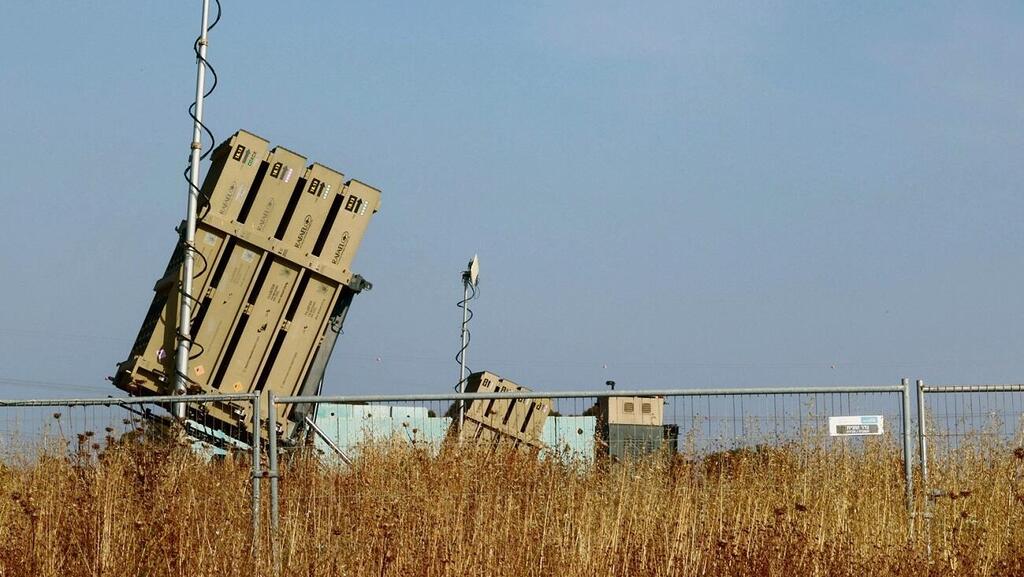Getting your Trinity Audio player ready...
Fighting along Israel’s northern border is intensifying, with increased rocket fire aimed at the country. The IDF's operations in villages near the northern border focus on exposing and destroying Hezbollah infrastructure, supported by artillery and airstrikes. The Israeli Air Force continues its attacks on Hezbollah's weapon stockpiles and command centers across Lebanon, including in Beirut’s Dahieh quarter.
Defense Minister Yoav Gallant on Tuesday visited the IDF Northern Command to assess the army's progress in southern Lebanon. However, shortly before Gallant detailed the IDF’s operational achievements in the north, Hezbollah launched a heavy barrage of over 100 rockets toward the Haifa Bay area and several towns in the Western Galilee, most of which were intercepted by Iron Dome batteries.
Factories under fire
Frequent rocket barrages from Lebanon have caused damage to several factories in northern Israel over the past few days. Roy Israeli, northen region manager at the Manufacturers' Association of Israel (MAI), told Ynet’s sister outlet Calcalist that production has continued as usual despite the damage, much of which was caused by rocket fragments.
According to the association, the recent expansion of rocket fire and the increase in launch volume haven’t impacted worker attendance at the factories significantly.
However, some northern industrialists, including those in factories located dozens of kilometers from the Lebanese border, reported receiving inquiries from overseas customers asking them to ensure future supply capabilities, even in scenarios of war escalation and increased rocket fire from Lebanon.
MAI President Ron Tomer noted that producers are facing increased demand to boost production for stockpiling for up to six months. This comes in addition to expanding their procurement of large quantities of raw materials.
Iron Dome interception in northern Israel
Tomer warned that this issue could significantly increase financing costs for industrialists as they work hard to maintain their business relationships with global customers.
Amid the escalation, the Economy Ministry has expanded its plan to establish shelters in factories in the north. The program's budget stands at NIS 10 million ($2.6 million) and includes distributing shelters to factories located within 40 km (25 miles) of the Lebanese border. These areas include towns in the Jezreel Valley and Haifa, which have been increasingly exposed to rocket fire from Lebanon in recent weeks.
Accelerating deployment of laser defense systems
While Hezbollah's heavy rocket barrage toward Israel’s coastal cities was largely intercepted by the Iron Dome defense system, security officials are placing high hopes on Rafael Advanced Defense Systems’ "Iron Beam" laser defense system, which is expected to be operational in the coming months. The air defense system is expected to dramatically improve and reduce the cost of intercepting rockets and drones launched at Israel.
There has been progress in innovative development programs over the past year, and Rafael intends to present its new Lite Beam system next week at a defense exhibition in the U.S. The system is based on laser technology and provides mobile defense for maneuvering forces against drones and UAVs.
The system is mounted on a Plasan Stormer vehicle and carries the Samson 30mm gun in addition to its laser targeting system as a complementary interception solution if a laser can’t be used to target the threat.
The larger Iron Beam system is designed to intercept targets at short range and will initially be integrated into the Iron Dome system. With the incorporation of the laser system into Iron Dome, interceptions will be carried out using either a high-powered laser beam or an interception missile, depending on the circumstances. This dual capability addresses the limitations of laser use under conditions such as cloud cover, fog or dust storms.
A special U.S. grant of approximately $8.7 billion from President Joe Biden is set to allow Israel to expand its interceptor stockpiles and munitions inventory, including allocating budgets to accelerate the development of laser-based defense systems at Rafael.
Elbit Systems is also involved in these programs, working on airborne laser products that would enable fighter jets and UAVs to intercept threats far from Israel's borders. The Israel Aerospace Industries has its own laser program, which has been significantly accelerated over the past year.
In addition to the mobile laser system Rafael plans to unveil next week in Washington, it will also showcase enhanced capabilities in its Trophy active defense system for tanks and armored personnel carriers. The system is already operational in the IDF and installed on vehicles used in the wars in Gaza and Lebanon.
The system provides protection against anti-tank missiles and rockets fired at moving forces. According to Rafael, variations of the Trophy system have been adapted in recent years for numerous platforms used by armies worldwide, offering comprehensive protection for the crews operating them.
Get the Ynetnews app on your smartphone:








